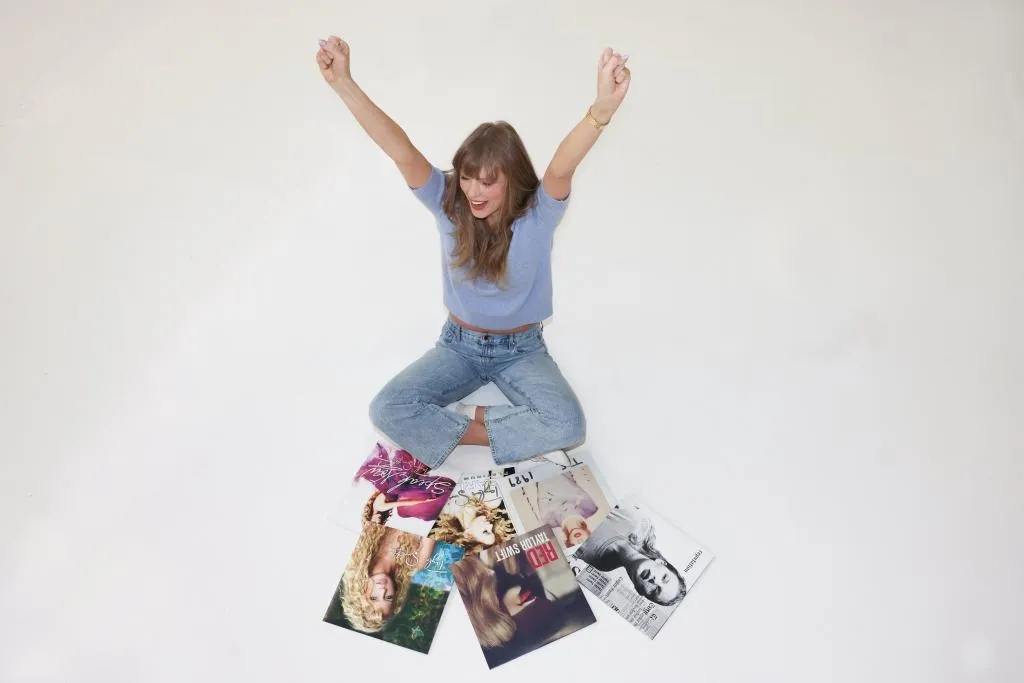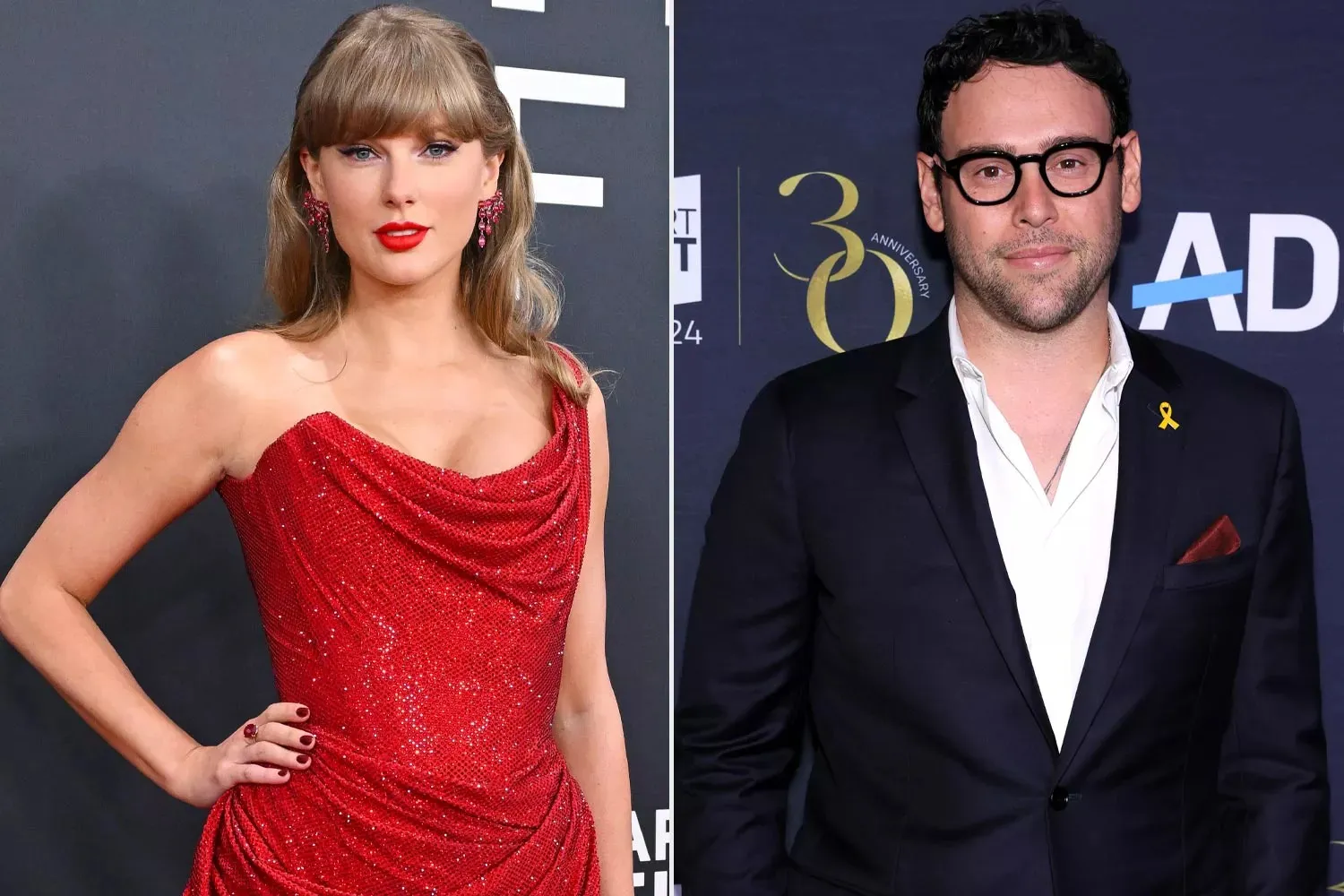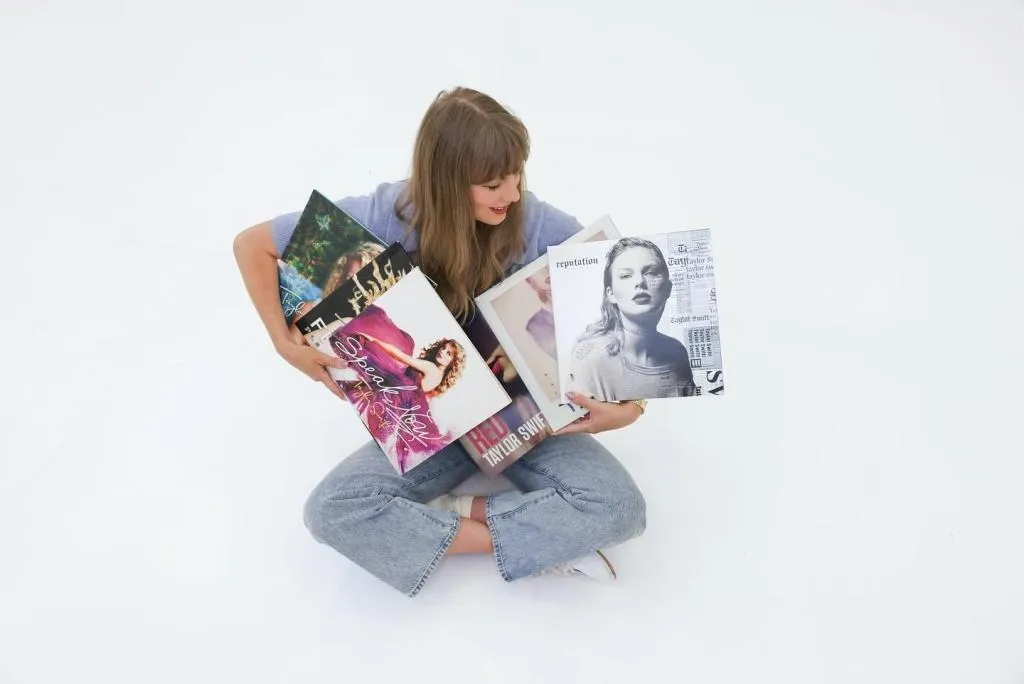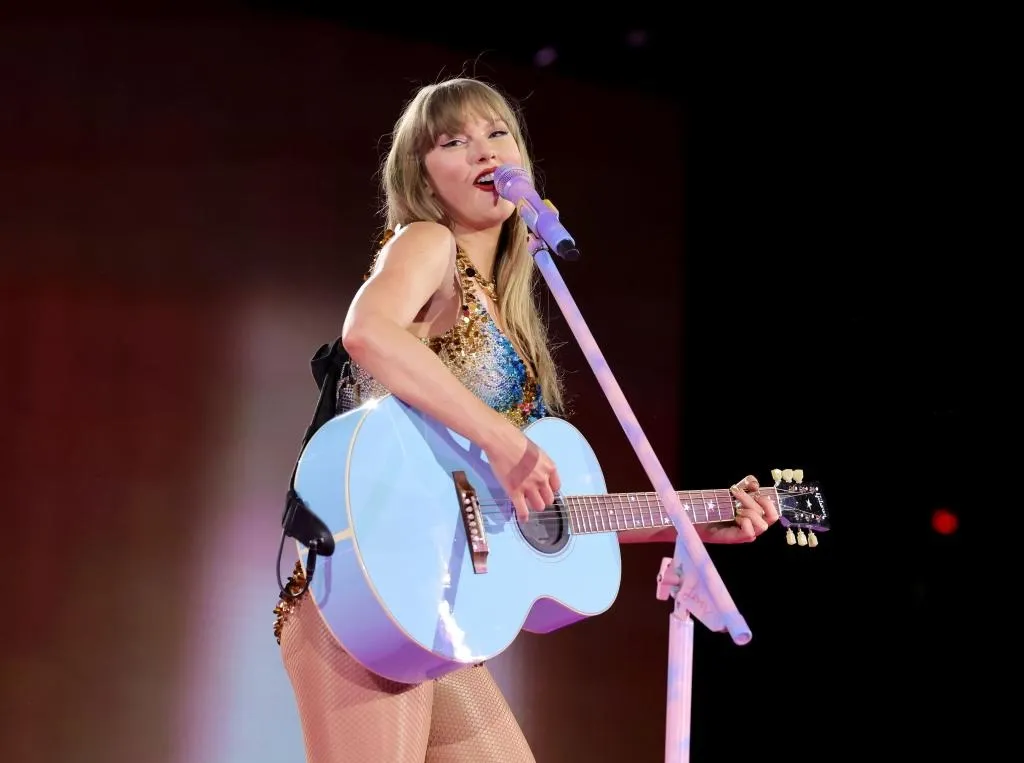The Battle to Reclaim Taylor Swift’s Original Master Recordings
The fight to regain ownership of Taylor Swift’s original master recordings reportedly unfolded quietly over six years. During this time, she transformed herself into a global powerhouse and challenged injustices within the music industry.
The Fiercest Battle in Music History
On May 30, Taylor Swift stunned the world with an emotional handwritten letter, announcing she had successfully repurchased the full ownership rights to her first six albums. Calling them “her entire artistic life,” Swift declared that her greatest dream had come true.
According to the singer, born in 1989, she acquired the original masters of her first six albums from private equity firm Shamrock Capital. While Swift did not disclose the exact amount, U.S. media estimated the deal to be around $360 million.

This is considered the most satisfying conclusion to one of the fiercest battles in music history. In it, Swift not only confronted music mogul Scooter Braun but also challenged the global music industry’s operational system.
In June 2019, Scooter Braun’s Ithaca Holdings acquired Big Machine Records, where Swift was signed from 2006 to 2018, for $300 million. The deal included ownership of Swift’s first six albums.
Shortly after, Swift expressed her outrage in a “heartfelt letter” on Tumblr, criticizing Braun and her former management for stripping her of her life’s work without any prior notice or opportunity to intervene.
Not only did she label Braun a “bully,” but Swift also accused the music industry’s system of being unjust, robbing young artists of control over their work.

The controversy garnered significant international attention. Artists like Olivia Rodrigo, Billie Eilish, and music critics supported Swift, condemning the system.
Not stopping at criticism, in August 2019, Swift announced plans to re-record her first six albums. However, she could not begin until November 2020 due to a prior agreement prohibiting her from re-recording for five years after leaving Big Machine.
In April 2021, Swift released her first re-recorded album, Fearless (Taylor’s Version). From then until October 2023, she released Red, Speak Now, and 1989, all bearing the suffix Taylor’s Version to distinguish them from the originals.
The remaining two albums, Reputation and Taylor Swift, have yet to receive confirmed release dates. In her May 30 letter, Swift admitted she had not completed a quarter of Reputation but had finished the final album.
This initiative diminished the value of the original albums held by Braun. As a result, Swift regained ownership of her lyrics, vocals, and albums. The new versions outperformed the originals in both revenue and chart rankings.
Swift’s response was described by the media as unprecedented in music history for its scale. It was not only artistic but also a legal and political statement.
Its impact was so significant that it inspired a documentary. In June 2024, Taylor Swift vs. Scooter Braun: Bad Blood premiered on Max, drawing substantial public and media attention.
Taylor Swift’s Strategy
As Swift released her Taylor’s Version albums, many viewed it as the perfect conclusion to the feud between the pop superstar and one of Hollywood’s most powerful music moguls. However, when Swift announced the repurchase of all six original albums, it became clear this was only the first step in a far more historic, long-term strategy.
The amount Swift paid to reclaim the rights to her six albums was reportedly around $360 million, close to the $300 million Shamrock Capital paid Braun in 2020. Adjusted for inflation, Shamrock barely profited, demonstrating the effectiveness of Swift’s strategy. No one could profit from the “spiritual child” she created. Braun also sold the albums for the same amount he paid for Big Machine.

According to U.S. media, Shamrock informed Swift of the deal with Braun five years earlier. However, she refused to cooperate because the contract terms allowed Braun to indirectly profit from the albums. Swift then continued re-recording her old albums.
“I couldn’t support a deal that still lets Braun make money from my music,” the Fortnight singer stated.
Alongside devaluing the original albums, Swift built her own empire. Daily Mail noted that the 1980s-born star turned her music career into a “comprehensive entertainment enterprise,” likened to Taylor Swift PLC (Public Limited Company).
Swift is not just an artist but a savvy entrepreneur. She manages her personal brand like a business, tightly controlling every aspect of her career, from music and image to related products.
Establishing her own company, Taylor Swift Productions, allowed her to self-produce and distribute products like documentaries and concert films, maximizing profits and quality control.
The pinnacle of this was The Eras Tour, a two-year tour (2023–2024) with approximately 150 shows across five continents, generating over $2 billion in revenue and creating a $10 billion economic impact for host regions.

As a result, Swift surpassed Rihanna to become the world’s richest female singer in October 2024. According to Forbes, Swift’s net worth is estimated at $1.6 billion. With this financial power, spending $360 million to repurchase her albums was not a daunting task.
The success of this strategy reflects Swift’s intelligence, agility, talent, resilience, and relentless effort.
In 2023–2024 alone, Swift worked at full capacity. In 2023, she released Speak Now and 1989 (Taylor’s Version), launched The Eras Tour, and released the concert film Taylor Swift: The Eras Tour. In 2024, she released the double album The Tortured Poets Department (TTPD) while continuing to tour globally.
Swift’s achievements allowed her to reap well-deserved rewards and rewrite music industry history. Her fight transcended personal boundaries, becoming a public battle for creative rights. She inspired young artists to scrutinize recording contracts and negotiate ownership of their original masters.
Moreover, Swift was hailed as an icon in the fight of female artists against the male-dominated forces controlling the industry.





